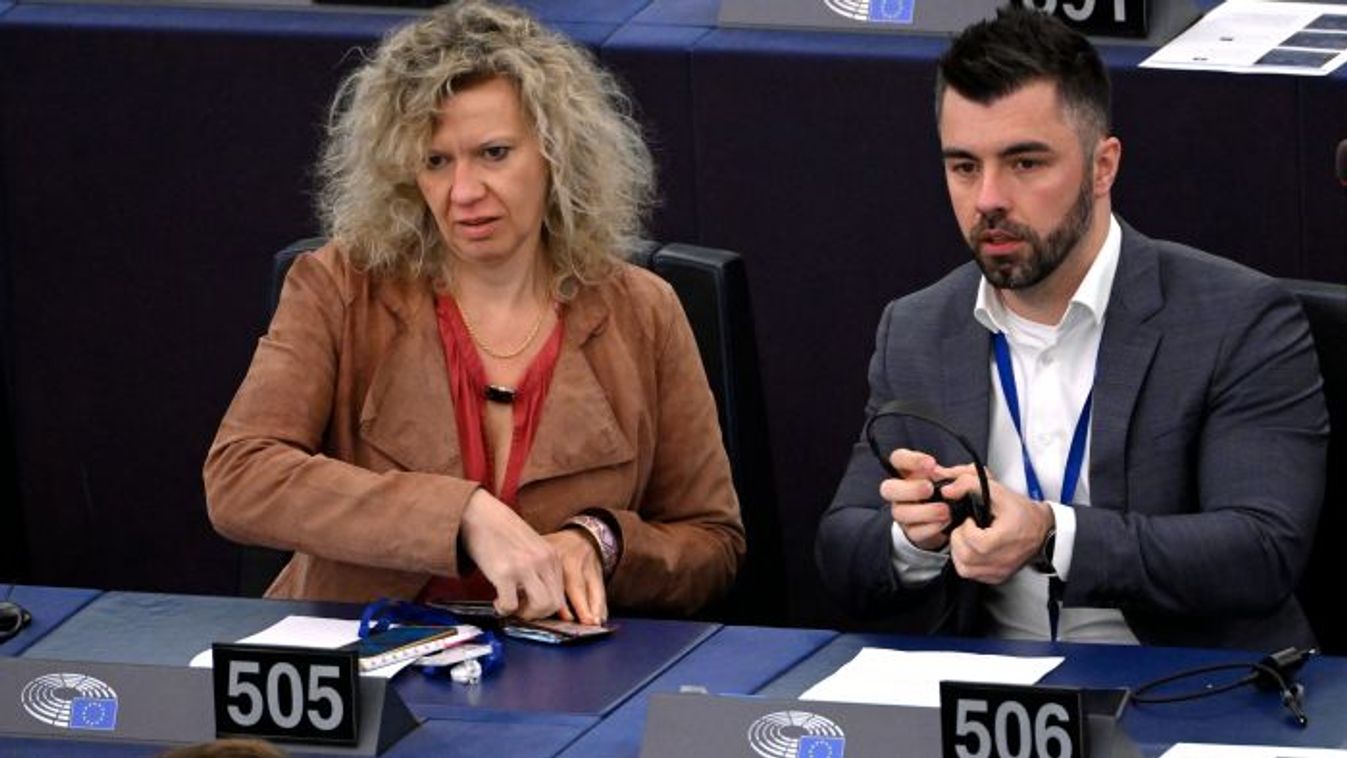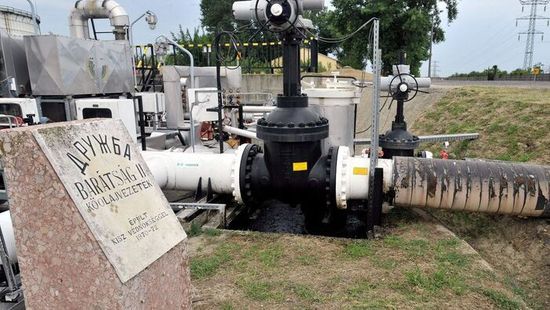Magyar Nemzet reached out to the press departments of the 21 Research Institute and the Tisza Party with questions regarding the poll. We wanted to know whether the Tisza Party commissioned the survey and when the institute planned to release the results. However, neither the Tisza Party nor the research institute answered our questions — they chose to remain silent.
As we previously reported, one of our colleagues was approached with a surprising questionnaire by the 21 Research Institute, a public opinion firm regularly working for the Tisza Party. The left-leaning company asked questions about MEP Kinga Kollar and the scandal surrounding her statements. Among other things, the firm wanted to know how voters would view the Tisza Party if the MEP were to resign, and whether respondents believed Kinga Kollar should withdraw from politics.
Our sources say that following the scandal, Peter Magyar is now considering recalling Kinga Kollar from the European Parliament. This is supported by the public opinion research being conducted in response to her controversial statements.
As we reported in an earlier piece, during a Brussels committee meeting, Kinga Kollar stated that in her view, the withholding of EU funds is working well and is effective, as it hinders the development of the Hungarian economy, delaying investments and hospital renovations. She added that a "positive side" of this is that deteriorating living conditions are strengthening the opposition
The Tisza Party’s "Oszod Speech"
At the committee meeting Kollar said, "As a Hungarian, I have to say that it [the rule-of-law procedure] has been very effective, because approximately 21 billion euros have been suspended, and one billion of that is already lost by the Hungarians themselves. And it has had a very serious impact on the Hungarian State, as it cannot invest in public infrastructure. Of course, it cannot support the Hungarian economy or provide basic social services to its people. I mean, just to highlight a few examples, money from the RRF, 50 hospitals could have been renovated, which did not happen."























Szóljon hozzá!
Jelenleg csak a hozzászólások egy kis részét látja. Hozzászóláshoz és a további kommentek megtekintéséhez lépjen be, vagy regisztráljon!